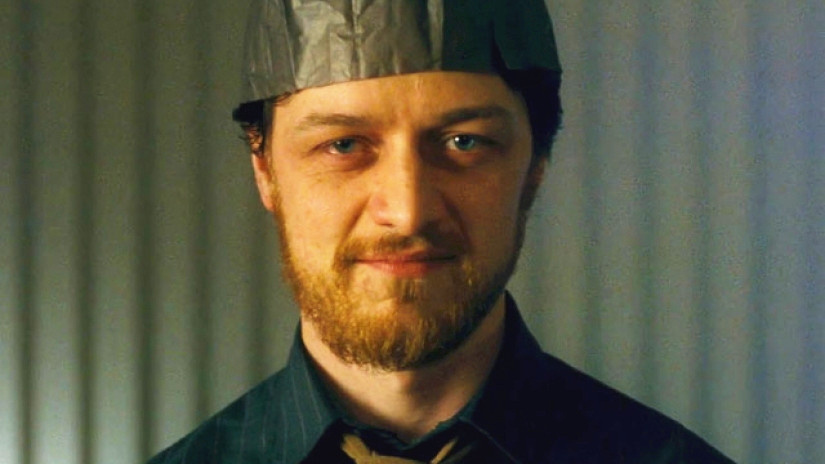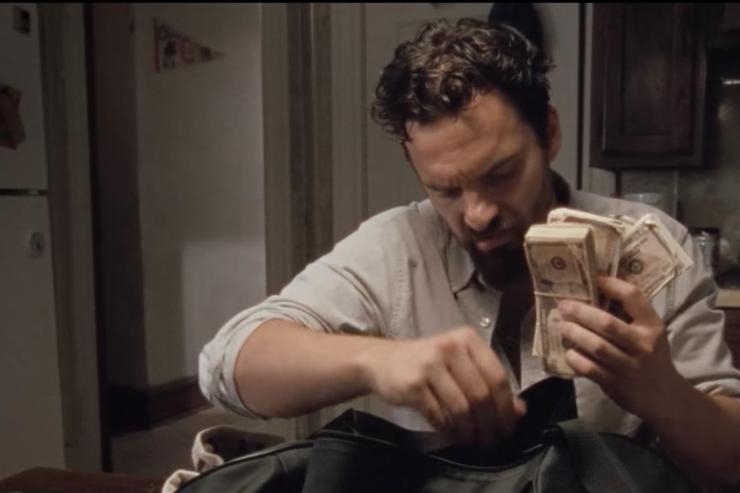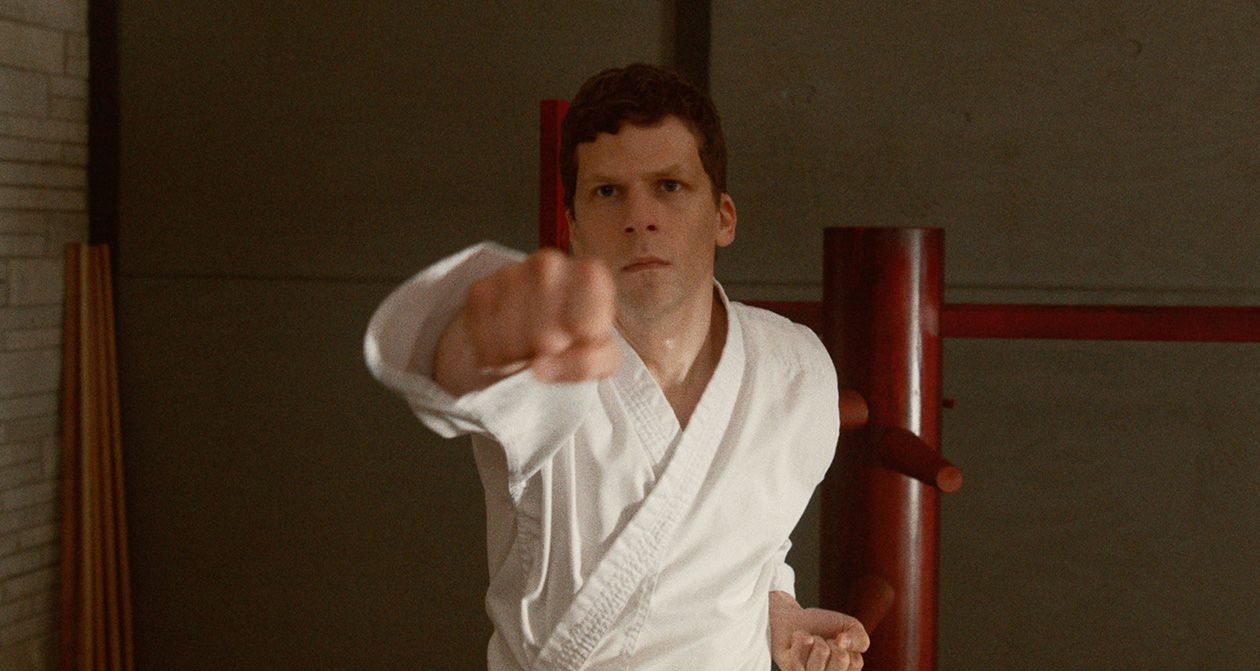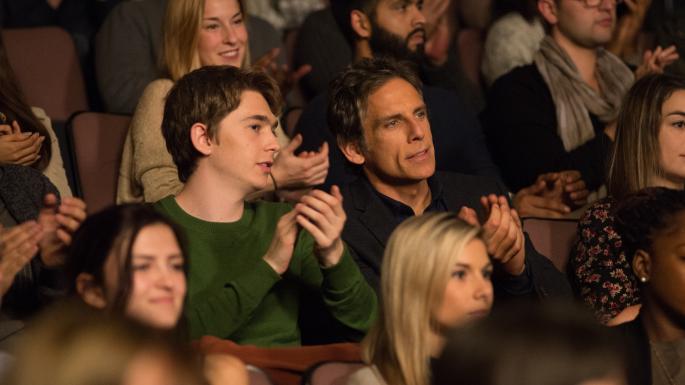
While there have been many brilliant comedy films in the past decade, it’s clear that the era of studio comedies has declined. Mainstream comedy has suffered from excessive remakes, retreads, and a general lack of passion by those involved, so it comes as no surprise that many of the funniest and most memorable films of the past few years have been independent or low budget productions.
Many of these great films have gone on to find their audiences, or at least have attracted niche groups that appreciate them for what they are. However, some films haven’t quite found their audience yet, and still deserve to be discovered. Here are ten great recent comedy films you probably haven’t seen.
10. Demolition

Director Jean Marc-Vallee is known for his hard hitting character dramas, including award favorites Dallas Buyers Club and Wild, as well as the two acclaimed miniseries Sharp Objects and Big Little Lies. Demolition certainly has elements of his other work, particularly when it comes to its desensitized, self-destructive protagonist, but it’s also a film infused with a morbid sense of humor. At the epicenter is a marvelous performance by Jake Gyllenhaal as a neurotic banker who is left to literally deconstruct his life by tearing apart his home following the death of his wife.
It doesn’t seem like the premise for a comedy, but seeing the Gyllenhaal character’s odd attempts to reconnect with the world is simultaneously cathartic and amusing. His first impulses are to act with honesty he’s never shown before, and while this at points puts him at odds with his stern father-in-law (played terrifically by Chris Cooper), it also allows him to find a chance romantic encounter with a customer service representative (Naomi Watts).
While Gyllenhaal’s character and his vapid attempts to find meaning in senseless tragedy are occasionally played for laughs, Gyllenhaal and Vallee never treat him like a joke, making Demolition an insightful look at the healing process.
9. Win It All

An intriguing mix of mumblecore dialogue and Old Hollywood plot mechanics, Win it All marks another strong collaboration between writer/director Joe Swanberg and Jake Johnson. Johnson excels at playing likeable, yet irresponsible characters, and he delivers one of the best performances of his career as Eddie Garrett, a serial gambler whose caught in over his head after he spends money entrusted to him by a local drug dealer.
The film chronicles Garrett’s journey to not only win back the money, but also to reset his priorities and find a life outside of gambling. Garrett has a chance to start over when he finds a love interest in Eva (Aislinn Derbez), who lets him take a different type of risk by becoming a responsible partner. It’s a playful story of a loser finding redemption, and when Garrett is forced to return to gambling in order to pay off his debts, the tension is palpable as he puts all of his recent achievements on the line.
8. The Art of Self-Defense

Riley Stearns’s outrageous black comedy puts a spotlight on how easy it is to be indoctrinated into radical thinking, and uses karate as a means to explore the seductive nature of secretive organizations. Jesse Eisenberg’s character Casey is the victim of a violent assault, and turns to a charismatic Sensei (Alessandro Nivola), who takes it upon himself to turn Casey into a violent, vengeful warrior who is capable of protecting himself.
The humor comes from the performances by Eisenberg and Nivola; Eisenberg is again playing a nerdy, quiet character, and his attempts to become a more masculine, aggressive person are hilarious. Nivola is able to make Sensei goofy and self-absorbed, but it’s never lost on the audience that his words and actions have real ramifications and that his teachings nonetheless inspire a movement. With sick comic violence and some genuinely shocking plot developments, The Art of Self-Defense is a sorely underseen dark comedy based on relevant societal issues.
7. Filth

Filth is absolutely a celebration of excess, based on the shocking Irvine Welsh novel that was often deemed to be unfilmable. It’s not hard to see why an adaptation took so long to come to fruition; the films centers on the dogmatic, corrupt cop Bruce Robertson (James McAvoy), and while there’s a loose plot centering on Robertson’s pursuit of a local killer, it’s a film that revels in elaborate and hallucinogenic dream sequences centering on excessive sex, drugs, and violence.
Robertson is never a likeable character- he’s more obsessed with rising through the ranks of the Scottish police than actually solving any crimes. However, it’s impossible to look away from McAvoy’s performance; he’s so gleefully deviant and uses fourth wall breaking and monologues to show his contempt for both the audience and surrounding characters.
Once Filth makes it clear that Robertson will proceed to control and destroy any situation he’s placed in, it becomes a ticking time bomb as to when Robertson will go too far, and at what point his destructive shenanigans will no longer be funny.
6. Brad’s Status

Brad’s Status is one of the most realistic depictions of a mid-life crisis in recent years, with Ben Stiller as a regretful father who takes his teenage son Troy on a college tour. Stiller’s character Brad Sloan doesn’t initially feel like an unfulfilled person, but as he sees his son embark to adulthood and the success of his former friends, Brad can’t help but comparing himself and feeling like his potential was lost on a menial, normal life.
Brad’s largely successful friends, played in memorable side performances by Michael Sheen, Luke Wilson, Jemaine Clement, and Mike White, seem to confirm his fears that everyone around him is happier and more important.
Stiller runs the risk of making Brad come off as too selfish or self-absorbed, but his gradually rising anxiety across the course of the tour shows that this experience in particular is a breaking point. While Brad loves his son, his attempts to give Troy the experience he never had can feel both compassionate and selfish, in that he’s still trying to live out his old fantasies. It’s an incredibly nuanced approach to a father-son relationship, and despite the film’s melancholy elements, Troy and Brad’s love for each other transcends their self-doubt and makes the film ultimately uplifting.